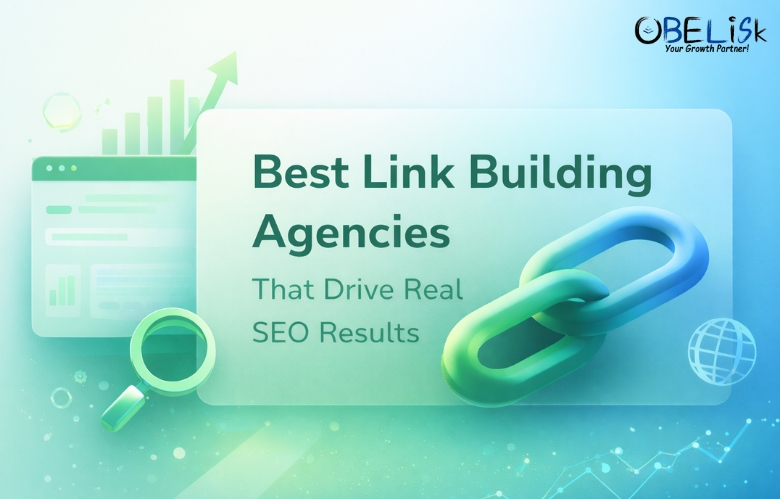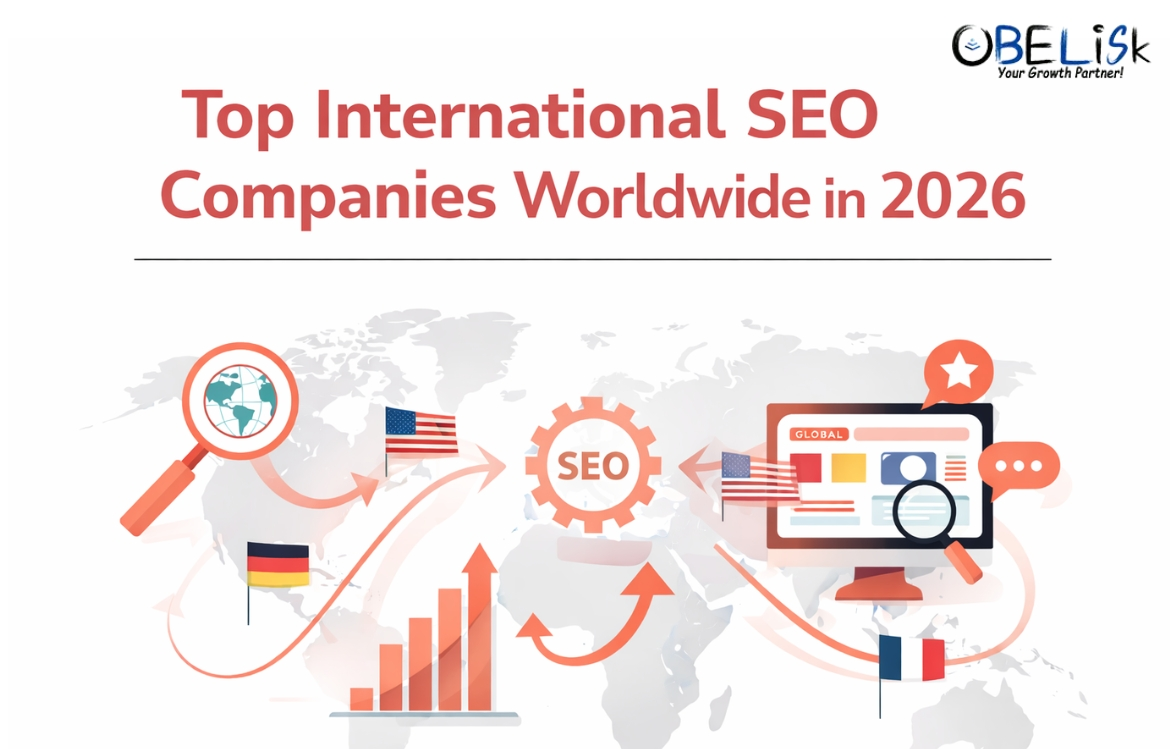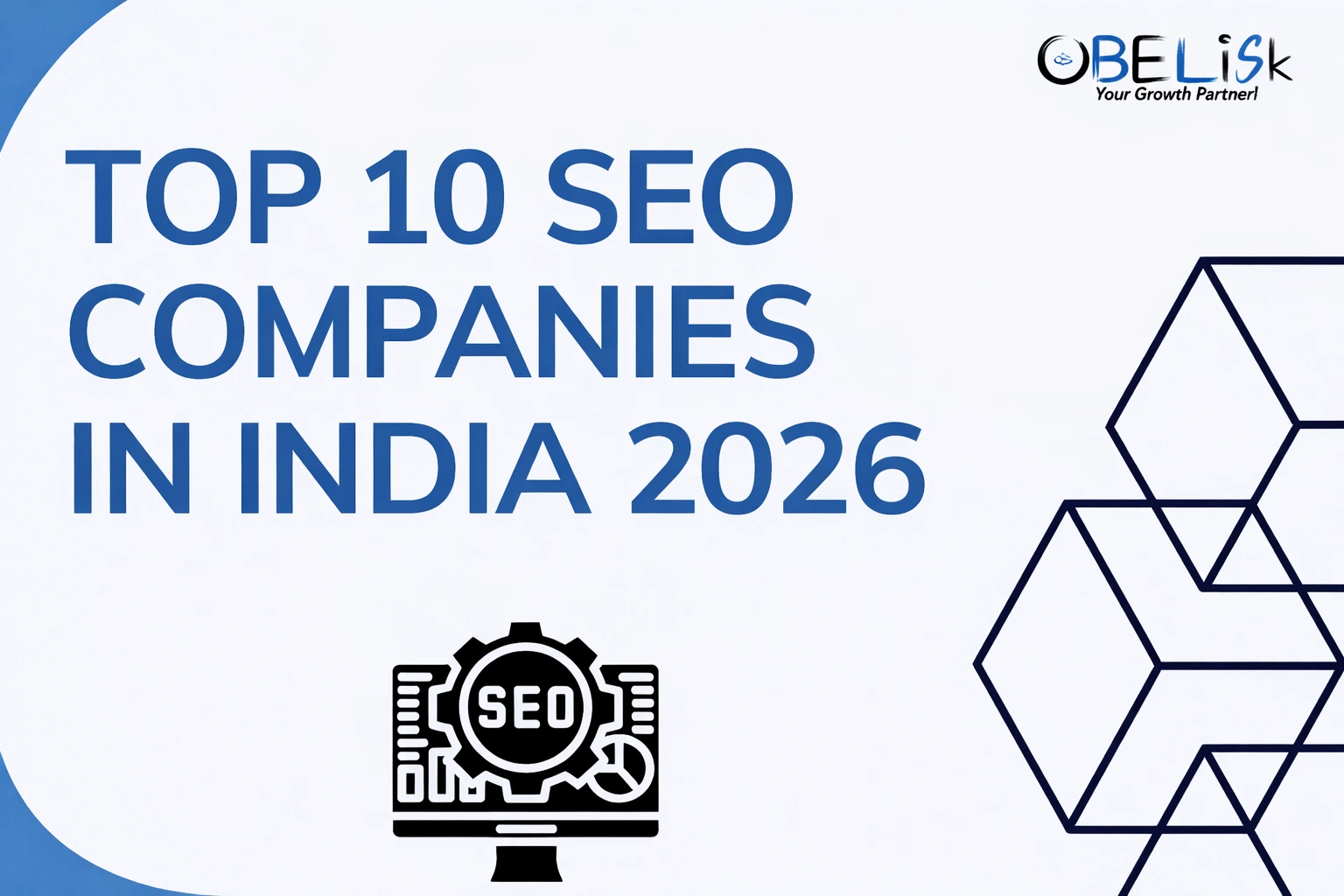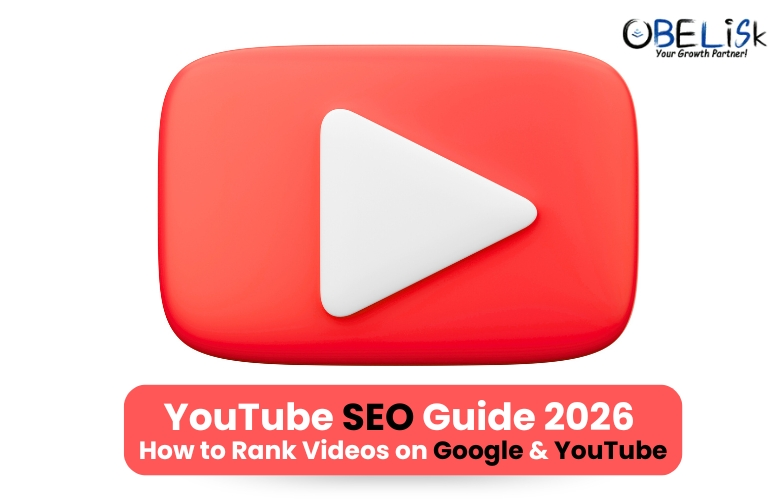ChatGPT is hot topic in the marketing now a days. So let’s find out what exactly it is and how it can helpful in SEO.
What is ChatGPT?
ChatGPT is a state-of-the-art language model developed by OpenAI that uses deep learning techniques to generate human-like text based on the input it receives. It has been trained on a large corpus of diverse text data, allowing it to respond to a wide range of questions and generate text on many topics with high accuracy. It’s designed for generating human-like text for various natural language processing tasks such as text completion, question answering, and text generation. The model is trained on a diverse range of internet text and can be fine-tuned for specific use cases to produce high-quality, context-aware outputs.
How ChatGPT is helpful in SEO?
ChatGPT doesn’t directly impact SEO (Search Engine Optimization), but it can play a role in improving the user experience on a website and generating more engaging content, which are factors that can positively impact SEO. It’s important to note that while ChatGPT can provide information and suggestions to support SEO efforts, ultimately it’s up to the website owner or digital marketer to implement effective strategies and make decisions based on the information provided by the model. ChatGPT can be used to generate content that is optimized for search engines by ensuring that the generated text includes relevant keywords and follows best practices for on-page optimization. However, it’s important to note that simply including keywords is not enough for a successful SEO strategy and a well-rounded approach that includes high-quality content, technical optimization, and off-page signals is essential for achieving good search engine rankings.
Here are some ways ChatGPT can help with SEO:
Generating unique and relevant content
ChatGPT can be used to generate new, high-quality content for websites, such as product descriptions, blog posts, and FAQs, which can improve the website’s relevance and credibility in the eyes of search engines.
Improving user experience
provide instant answers to user queries, reducing the bounce rate and increasing the average time spent on the site, both of which are positive factors for SEO.
Improving accessibility
website more accessible to users who have disabilities and improve its accessibility score, which is another positive factor for SEO.
Competitor analysis
ChatGPT can analyze the ranking factors of competitor websites, helping businesses identify opportunities to improve their own search engine ranking.
GPT (Generative Pretrained Transformer) models, including ChatGPT, can be used for content creation by generating text based on a prompt or seed text. The model has been trained on a large corpus of text and has learned the patterns and relationships between words, phrases, and sentences. By inputting a prompt or seed text, the model can generate coherent and context-aware text that continues the input. For example, given a prompt such as “The sun was setting over the mountains as Sarah walked down the road,” the model can generate text that continues the story, describing Sarah’s thoughts, actions, and the scenery around her. GPT models can also be fine-tuned for specific content creation tasks, such as writing poetry, composing articles, or generating headlines, by training on a smaller, targeted dataset.
To spice things up, I asked ChatGPT to give me some solid reasons why Mount Everest is so difficult to climb and it responded with few reasons which were interesting.
In conclusion
while ChatGPT is not specifically designed for SEO, it can still be a valuable tool in various aspects of SEO. It’s important to note that while GPT models can assist in SEO, other factors such as website structure, backlinks, and user experience are also important for achieving good search engine rankings. Additionally, it’s important to use GPT models in a way that complies with the guidelines set by search engines, such as avoiding keyword stuffing and producing high-quality, original content.












